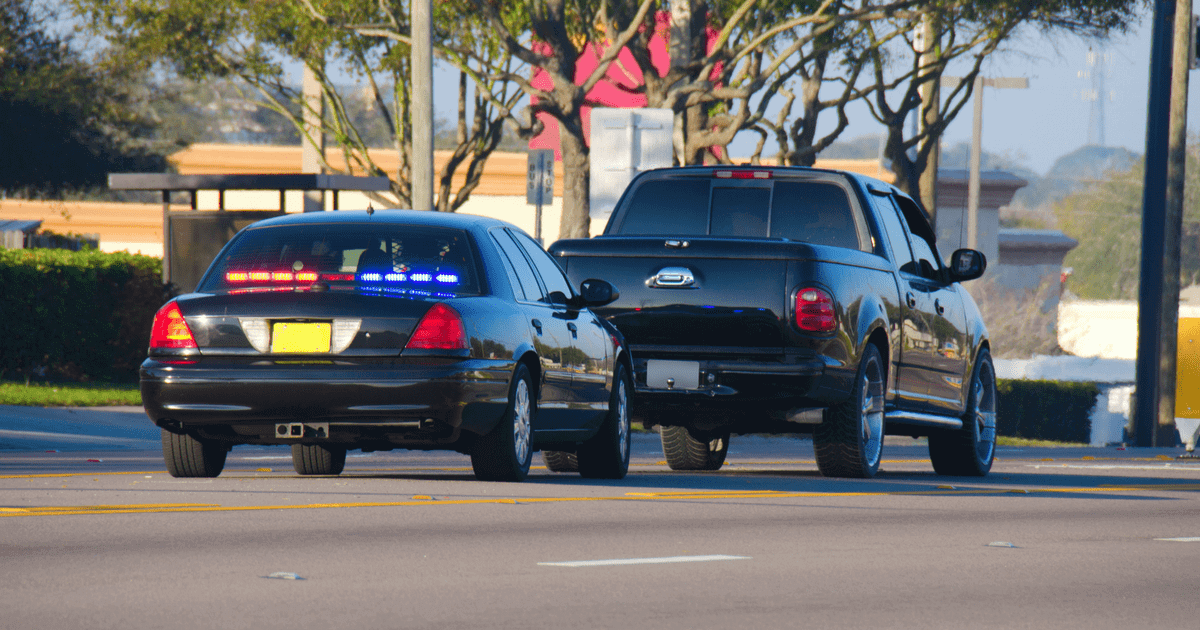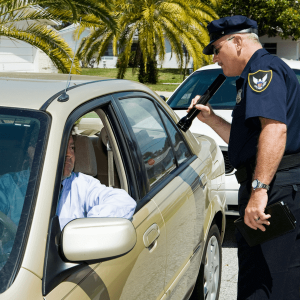
Obeying the law is important, but so is knowing your rights. This is true even when you are not doing anything wrong. Law abiding citizens should be able to rest assured knowing that they aren’t going to be bothered by the police or anyone else. Police unjustly imposing themselves upon your rights is a major concern for many people, especially when driving. In fact, it causes people to often ask, “when can a police officer search my car?”
Keep reading to learn when the police are justified in searching your car. More importantly, learn when they cannot. Call the attorneys at Sexner & Associates LLC today if you believe that you’ve been improperly searched or have had your rights infringed upon in any way. Help is as close as dialing (800) 996-4824.
The 4th Amendment
The 4th Amendment limits the power of the police to make arrests, search people and property, and to seize objects or property. It’s the foundation upon which all U.S. search-and-seizure laws are built.

The 4th Amendment reads as follows:
"[It is] The right of the people to be secure in their persons, houses, papers, and effects, against unreasonable searches and seizures, shall not be violated, and no Warrants shall issue, but upon probable cause, supported by Oath or affirmation, and particularly describing the place to be searched, and the persons or things to be seized."
When Can The Police Search My Car?
The 4th Amendment’s search-and-seizure policies are all about privacy (i.e. your right to personal privacy as a citizen of the United States). To accomplish this, the 4th Amendment protects against "unreasonable" searches and seizures by state or federal law enforcement authorities.
It should be mentioned that the 4th Amendment only applies if the person in question has a "legitimate expectation of privacy" in the place or thing that is being searched. This can include being in your car, house, as well as, usually, on your boat.
What then, you may ask, constitutes a “reasonable” search? When, in other words, are the police legally allowed to search your car and or home?
- The police can search your home, car, and or vehicle if and whenever they have probable cause (i.e. a good reason to believe) that they can find evidence that you have committed a crime.
- The police can search your car if the particular circumstances justify conducting a search without first waiting for a warrant to be issued. This includes cases where someone inside may be in danger or the police legitimately fear the driver will move, hide or dispose of possible evidence.
What Is A Legitimate Expectation Of Privacy
The U.S. Supreme Court drafted a 2 part test to determine whether or not a defendant in a search-and-seizure case has a legitimate expectation of privacy:
- Part 1: Did the person actually expect some degree of privacy?
- Part 2: Is the person's expectation objectively reasonable—that is, one that society is willing to recognize?
If you find yourself being pulled over and the police ask to search your car, when should you let them? In most cases, you can, and should, say “No” unless or until they explain their reasonable cause for this request. Ask, in other words, “why do you have reasonable cause to search my car?”
If they do, and they explain their reasonable cause to you, then you can choose to comply, although the best legal advice is usually to not grant permission for any search. Remember, if you can prove after the fact that the police illegally searched and or seized any of your property, then any of the evidence cannot be used during criminal prosecution. You’re better off presenting your arguments in court, than getting into a serious or deadly confrontation with police while pulled over on the side of the road.

If you’ve fallen into legal trouble due to a search-and-seizure event in the Chicago area and you need a criminal defense attorney, contact the experienced attorneys at Mitchell S. Sexner & Associates LLC at (312) 644-0444.

